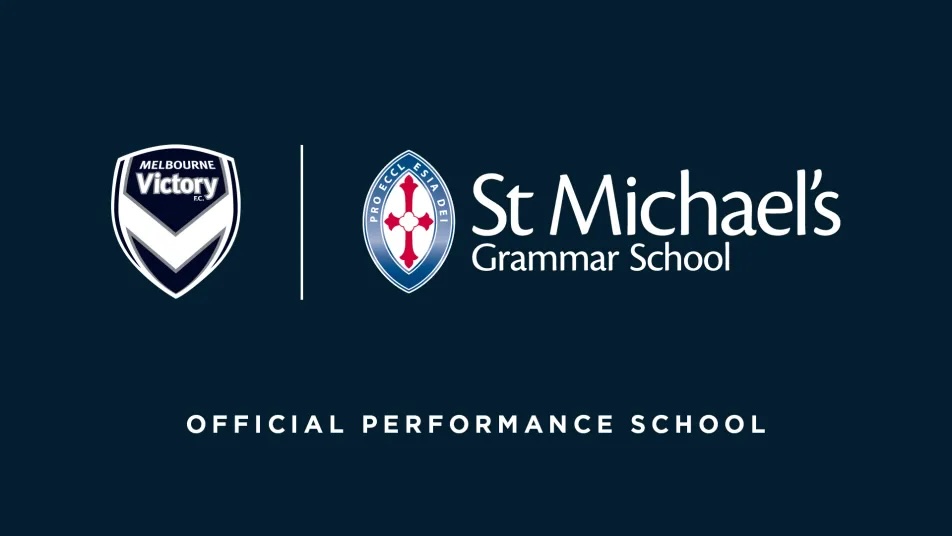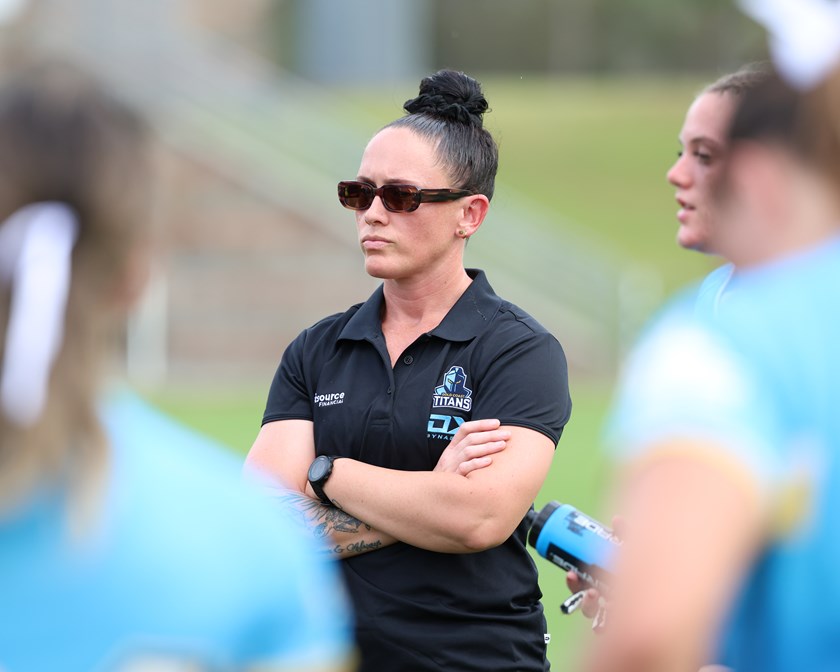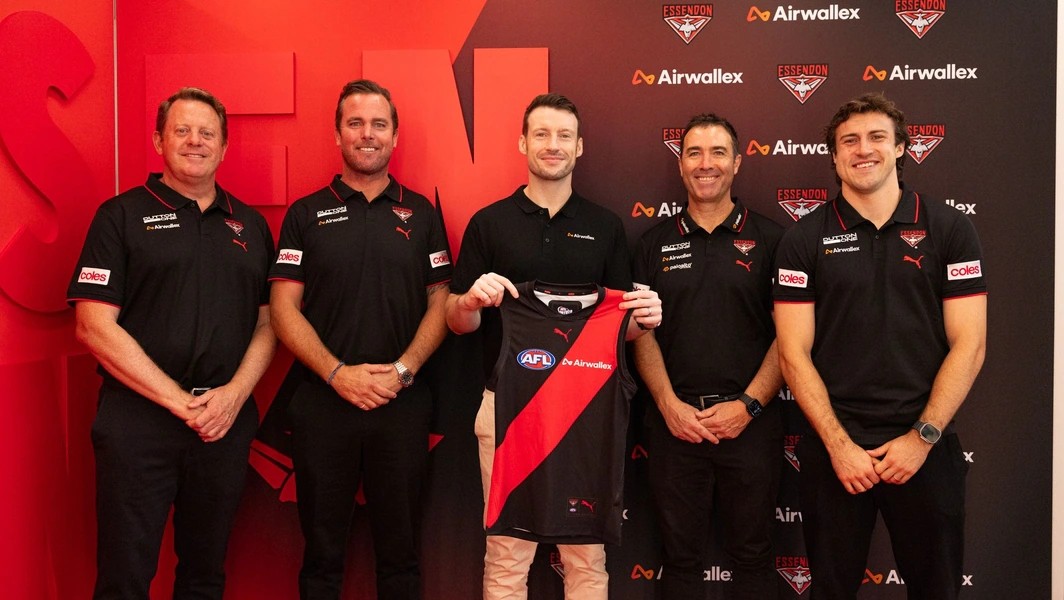2024 U.S. Election Set to Reshape College Sports and Athlete NIL Rights

The 2024 U.S. election results, which saw significant gains for Republicans, could signal a turning point for college sports governance, as experts suggest that federal intervention in Name, Image, and Likeness (NIL) policies may be on the horizon.
With Republicans taking control of Congress and strengthening their presence across state legislatures, key areas within college sports could experience significant shifts, especially regarding athletes’ rights and regulations.
The election results were celebrated by the National Collegiate Athletic Association (NCAA) and various sports administrators who view the Republican majority as a pathway to increased federal oversight, something the NCAA has long advocated for. The association has argued that a consistent, nationwide NIL policy is essential to manage growing complexities and discrepancies in the treatment of college athletes across states.
College sports stakeholders have pushed for federal NIL legislation to replace the current patchwork of state laws, which has created an uneven playing field and logistical issues. The Republican majority is widely expected to support measures that standardise NIL regulations, possibly restricting the rights of athletes to monetise their personal brands.
“Given the fragmented nature of NIL laws across states, a unified approach could provide the clarity that both universities and athletes desperately need,” a sports administrator stated, echoing industry sentiments.
However, there are concerns that these changes may not favour the athletes themselves. While the proposed federal regulations might simplify the landscape for universities, they could limit athletes’ autonomy and restrict their ability to capitalise on NIL rights. For college sports, this could mean a return to the “status quo” where the NCAA wields substantial control over athlete compensation structures.
Beyond NIL, another area potentially affected is the structure of college athletics as a whole. The Republican win aligns with a broader agenda to protect traditional models of college sports, prioritising institutional interests. This could translate into stricter oversight and fewer concessions to athlete advocacy groups pushing for fairer compensation and benefits.
Critics argue that federal regulation could stifle recent progress made by athletes’ rights groups, with some expressing concern that athlete compensation might take a backseat under the new political climate. “The election results may make it harder for college athletes to gain the compensation and rights they deserve,” commented a college sports advocate, underscoring the tension surrounding this political shift.
The 2024 election results may well mark the beginning of a new chapter in college sports, one likely defined by tighter regulations and centralised oversight. With a Republican Congress, the NCAA’s push for uniformity might finally succeed—but not without potential drawbacks for the athletes who have gained ground under current NIL freedoms.
For now, as college sports navigate this shifting landscape, stakeholders and athletes alike are preparing for a new regulatory environment, one that could redefine the college sports industry in the years to come.
Stay ahead of the latest sports business trends by subscribing to our free Ministry of Sport newsletter. Unlock even more insights with our exclusive membership plans today!
Similar Stories

ASC and CSIRO Launch World-First AI Guidelines for Australian Sport
The Australian Sports Commission (ASC) and CSIRO, Australia’s national science agency, have revealed...

Melbourne Victory Announce Partnership with St Michael’s Grammar School
Melbourne Victory has officially expanded its school network, announcing a new high-performance partnership...

Gold Coast Titans Expand and Strengthen NRLW Pathways Program
The Gold Coast Titans have significantly uplifted their investment in women’s rugby league,...
It's free to join the team!
Join the most engaged community in the Sports Business World.
Get all the latest news, insights, data, education and event updates.






